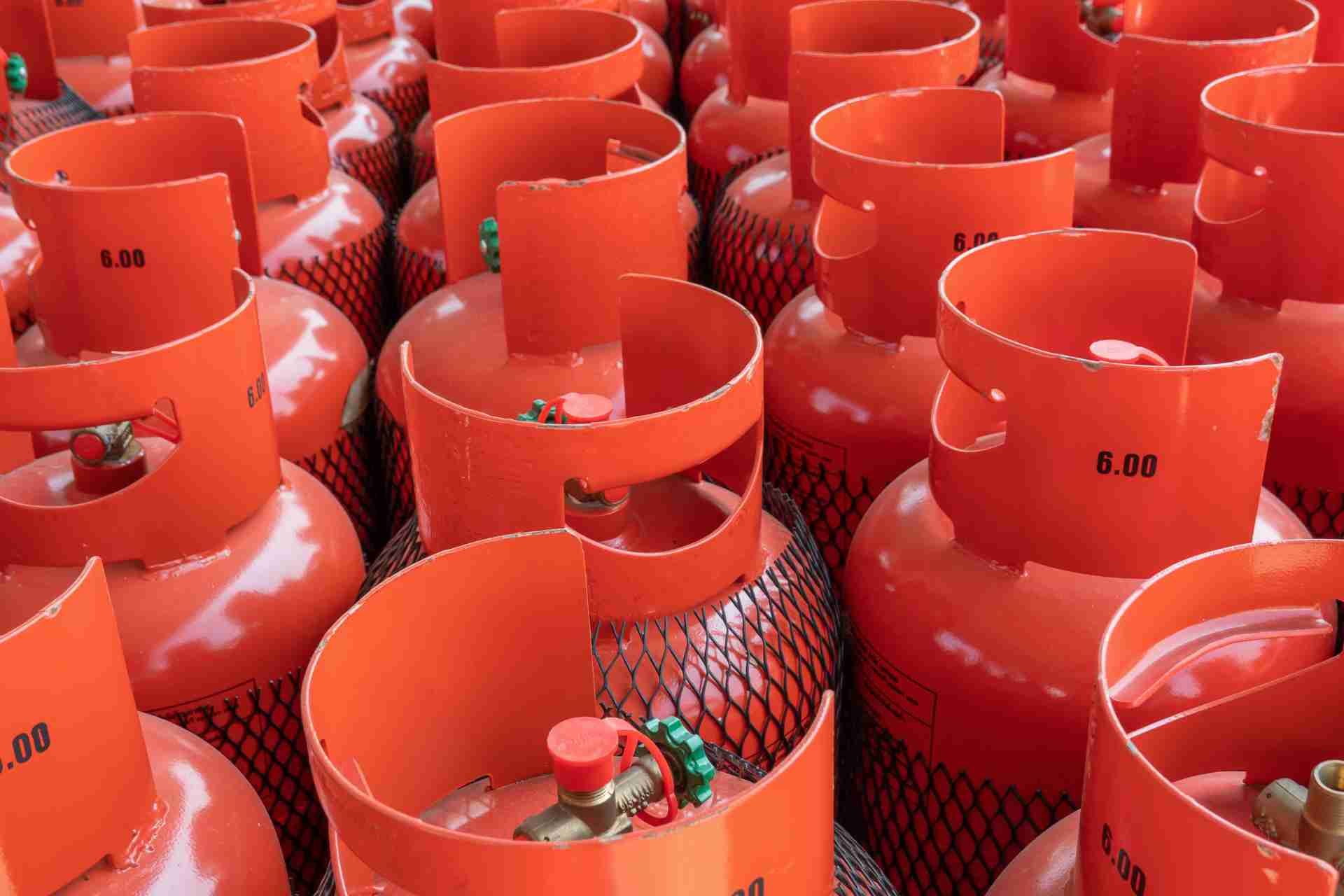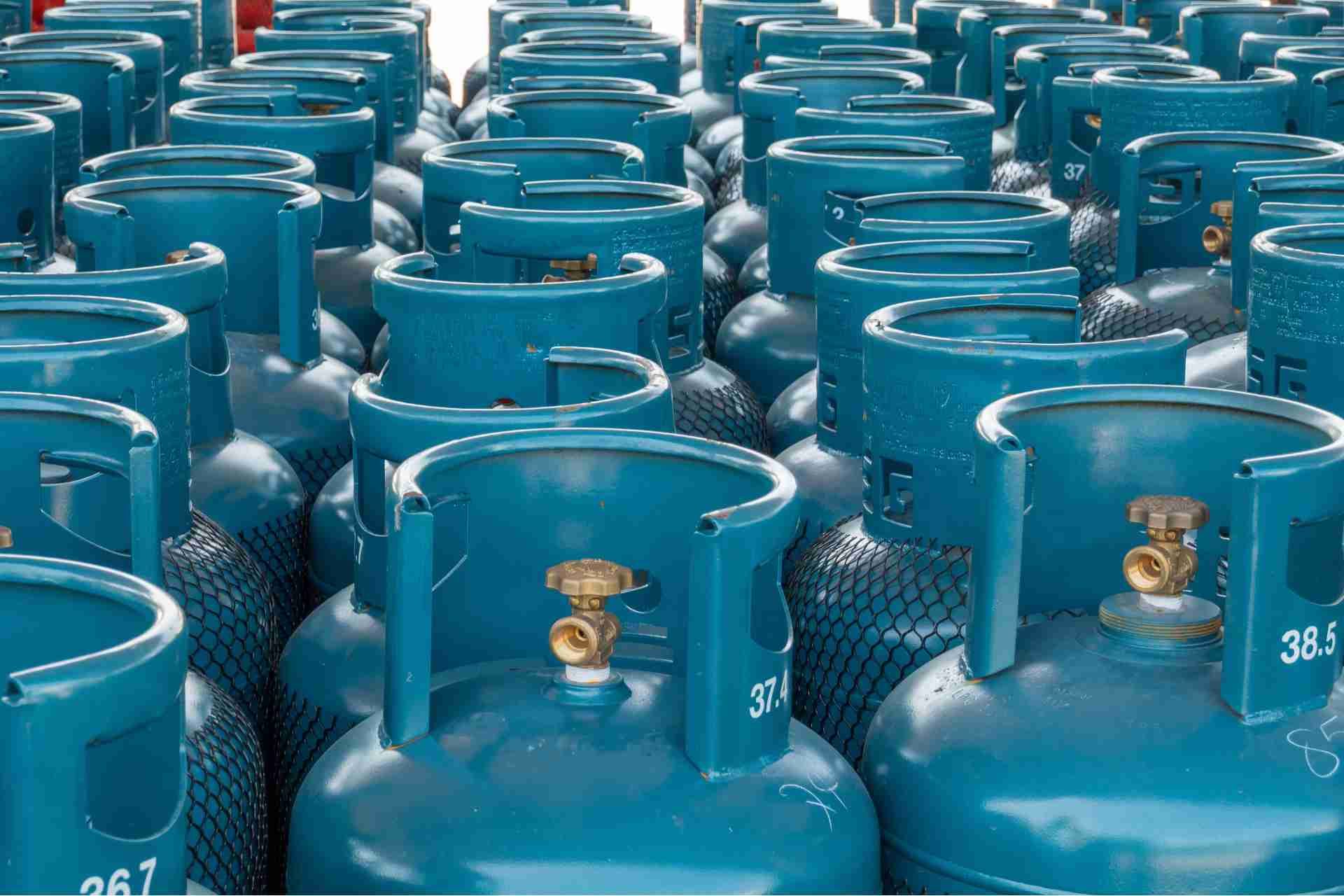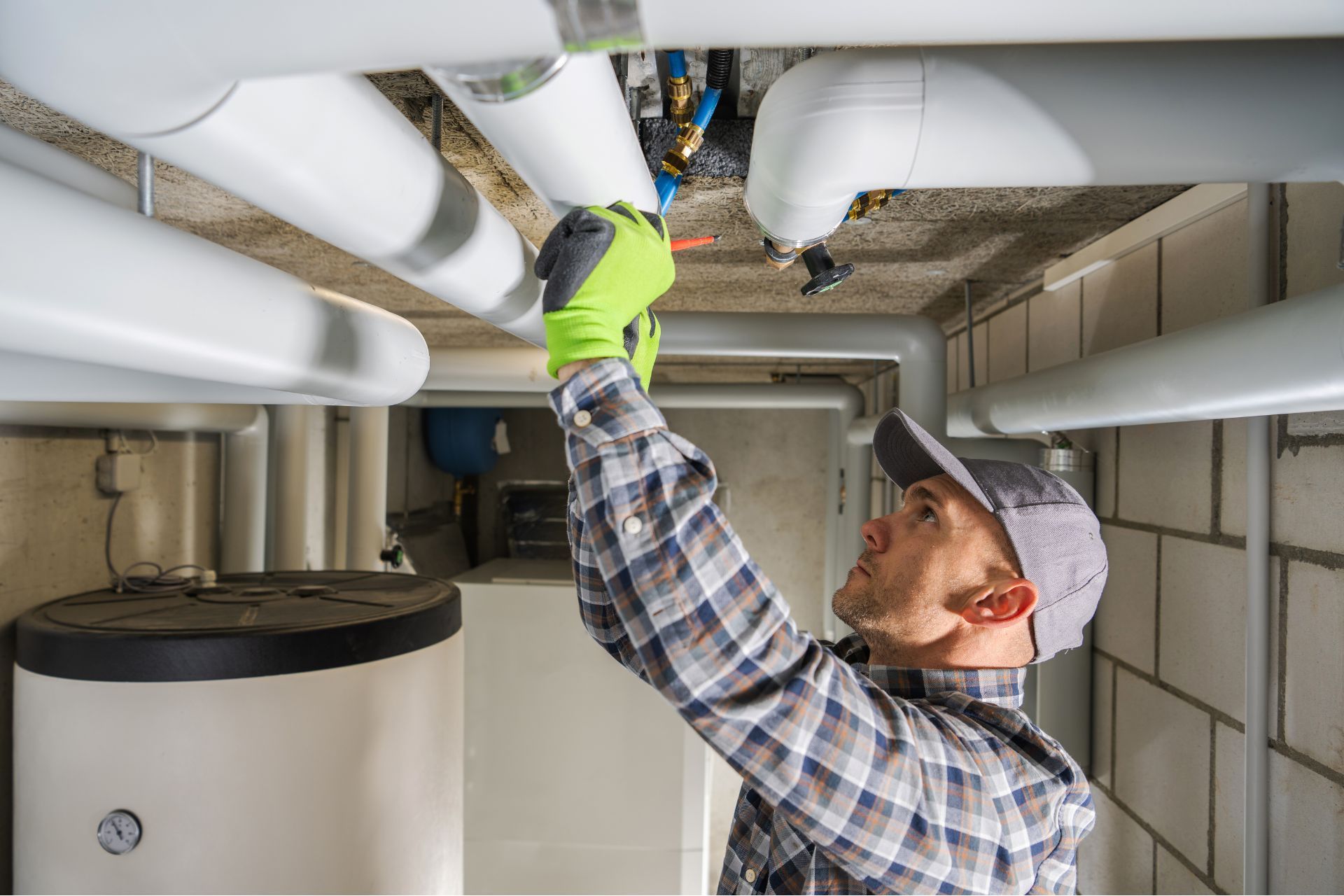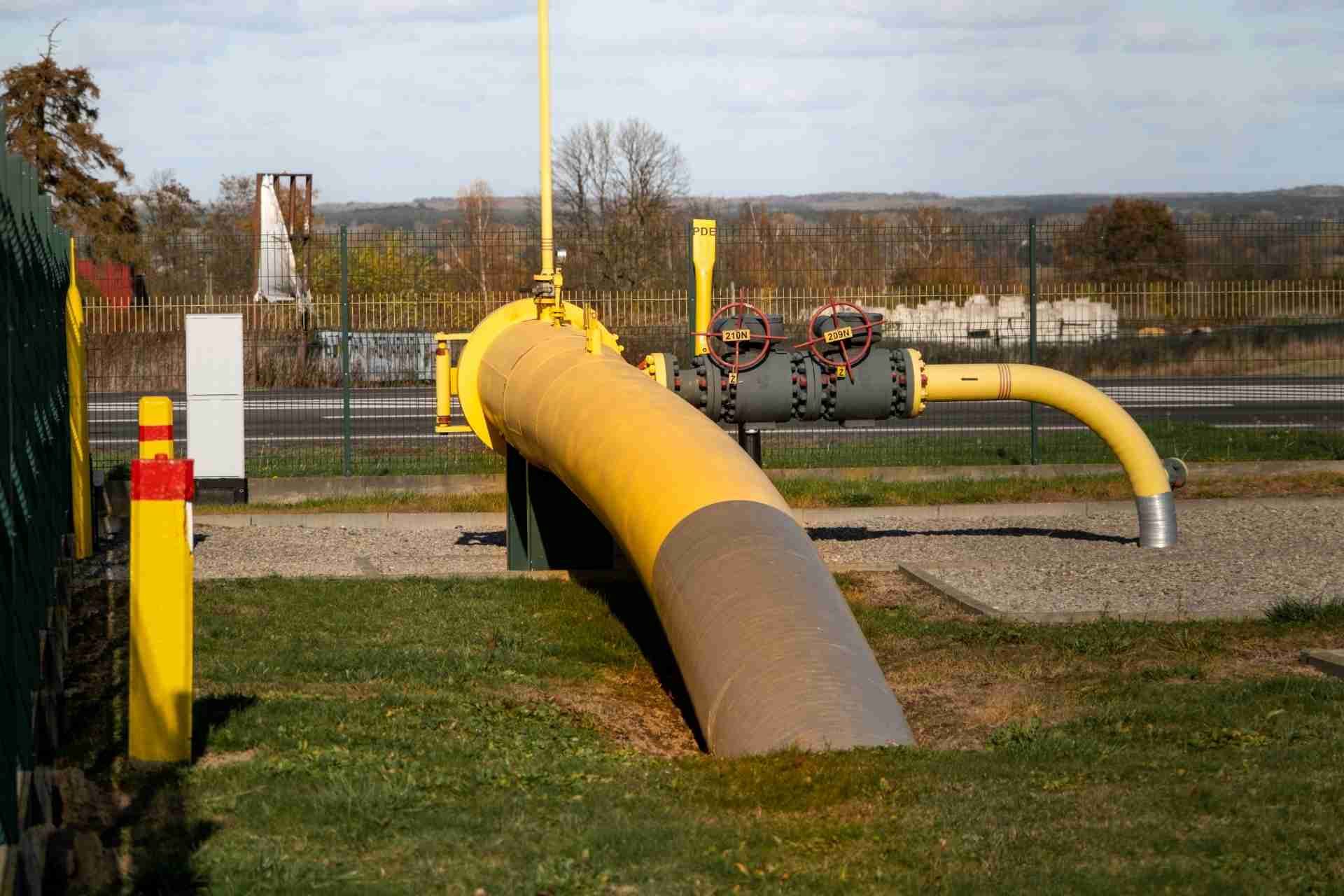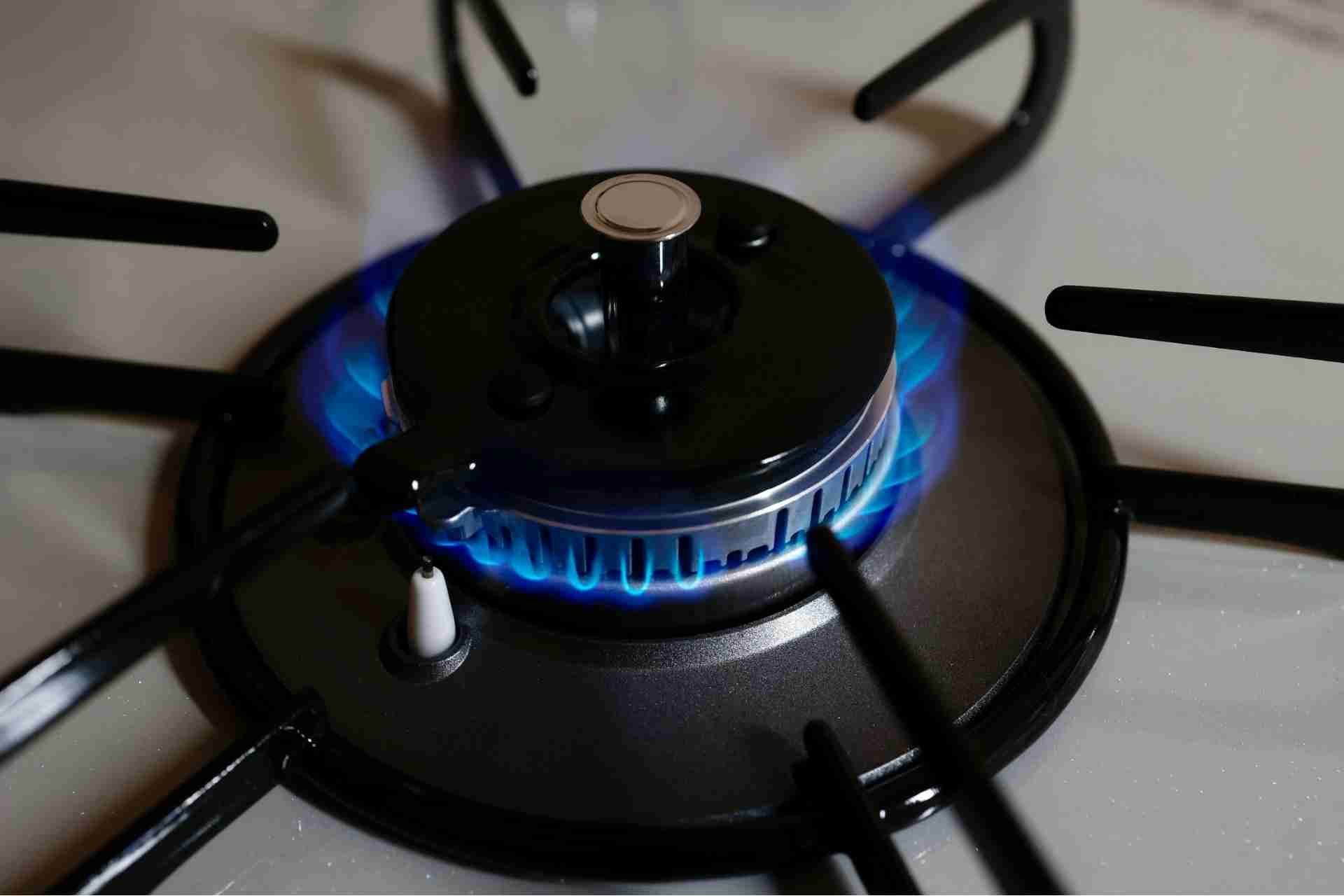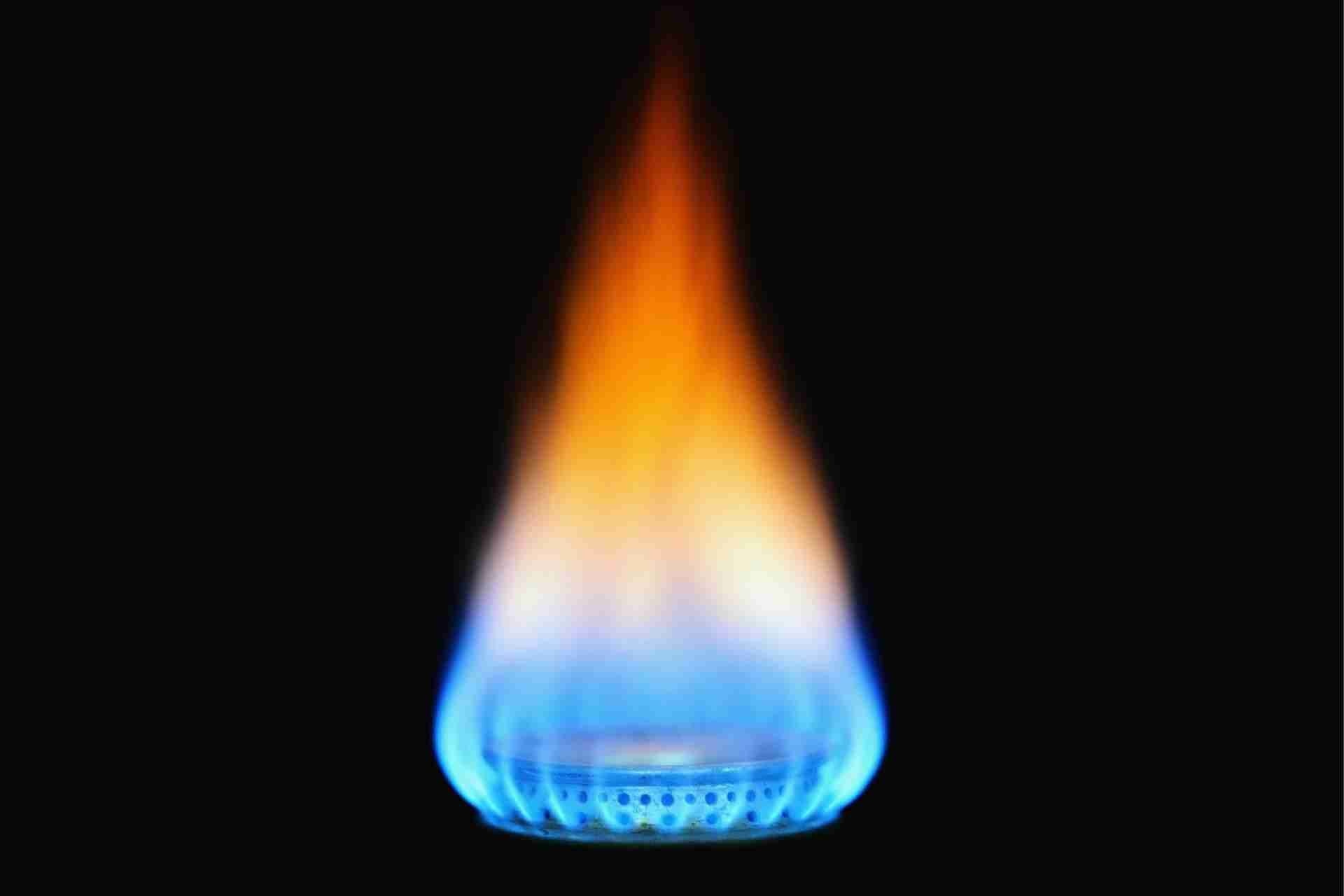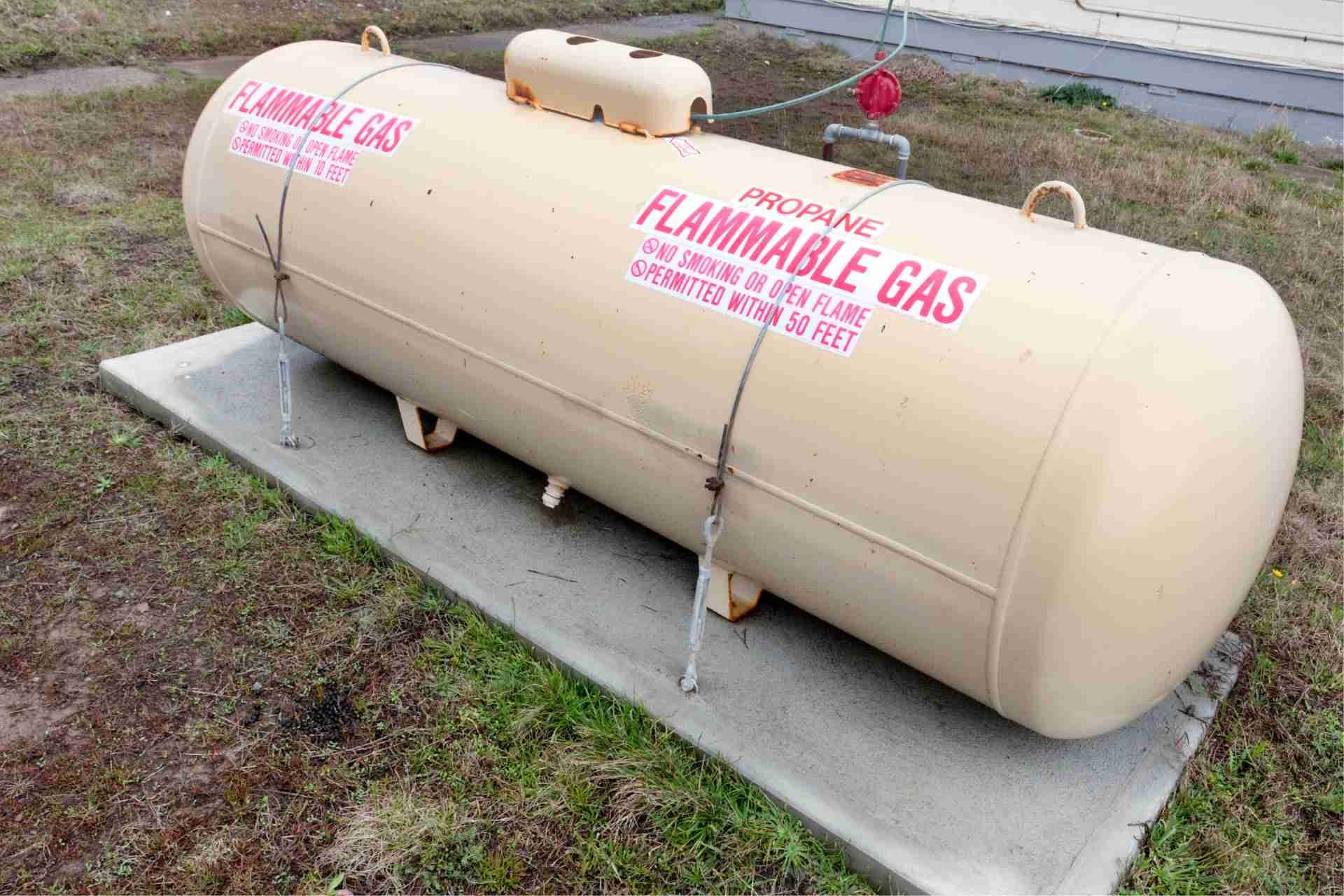What to Expect During Propane System Inspection
If you rely on propane for heating, cooking, or other needs in your home, it's important to have your propane system inspected regularly to ensure everything is functioning safely and efficiently. While the thought of a propane system inspection may seem daunting, knowing what to expect during the process can help alleviate any concerns you may have.
During a propane system inspection, a licensed technician will thoroughly examine all components of your propane system to check for any potential issues or safety hazards. This typically includes checking the propane tank, lines, regulators, and any appliances that use propane. The technician will also check for any leaks, corrosion, or other signs of wear and tear that may need to be addressed.
Discover what to expect during propane system inspection.
Visual inspection
The technician will start by visually inspecting the propane tank, piping, regulators, and other components of the system to look for any signs of damage, wear, or corrosion. They will also check for proper installation and secure connections.
Leak detection
One of the most important parts of a propane system inspection is checking for leaks. The technician will use specialized equipment to detect any leaks in the system, including at the tank, piping, connections, and appliances.
Pressure testing
The technician will also conduct a pressure test to ensure that the system is maintaining the correct pressure levels. This is crucial for the safe operation of the system and to prevent any potential issues related to low propane pressure.
Appliance inspection
The technician will inspect all propane appliances in your home or business to ensure they are functioning properly. This includes checking the burners, pilot lights, and ventilation systems to ensure they are in good working condition.
Tank inspection
The technician will visually inspect the propane tank for any signs of damage, corrosion, or other issues that could affect its performance. They will also check the tank's valves, fittings, and gauges to ensure they are in good condition.
Documentation
After the inspection is complete, the technician will provide you with a detailed report outlining the condition of your propane system and any recommended repairs or maintenance. This documentation is important for your records and for future reference.
Benefits of Regular Propane Inspections
One of the best ways to ensure that your propane system is in good working order is to have regular propane inspections done by a qualified technician.
There are many benefits to regular propane inspections, including safety, efficiency, and peace of mind. Here are some of the key advantages of scheduling regular propane inspections:
1. Safety: Propane is a highly flammable gas, and if not handled properly, it can pose a serious safety risk. Regular propane inspections help to identify any potential leaks or malfunctions in your system that could lead to a dangerous situation. By addressing these issues early on, you can prevent accidents and keep your home or business safe.
2. Efficiency: A well-maintained propane system is more efficient and can help you save money on energy costs. During a propane inspection, the technician will check for any blockages or clogs in the system that could be reducing its efficiency. By ensuring that your propane system is running smoothly, you can maximize its performance and lower your energy bills.
3. Compliance: Many local and state regulations require regular inspections of propane systems to ensure compliance with safety standards. By scheduling regular inspections, you can stay in compliance with these regulations and avoid any fines or penalties that may be imposed for non-compliance.
4. Peace of mind: Knowing that your propane system has been inspected and is in good working order can give you peace of mind. You can rest easy knowing that your family or employees are safe and that your property is protected from the risks of a malfunctioning propane system.
